The #1 Thing You Should Never Add to Your Coffee, According to a Barista

If you're bored with your morning cup of coffee, it might not be the actual brew but what you're adding to it. Sprucing up black coffee with certain ingredients can mask the rich natural flavor, completely ruining it, which doesn't make for a great start to the day. While other adds on can be so unhealthy, experts warn to avoid using them on a regular basis.
There are many funky concoctions you can create through experiments at the kitchen counter, but coffee "doesn't need to be drowned in fake flavors, chemical creamers, or protein powder that turns your cup into pancake batter," says Drew Pond, a barista and coffee expert at Stone Creek Coffee–a Milwaukee-based shop.
While some things might really jazz up your coffee and become the new innovation you swear by, there are some things that should never go in your cup of joe, according to baristas, Eat This, Not That! spoke to. Here's what to never add and why.
High Acidity Items
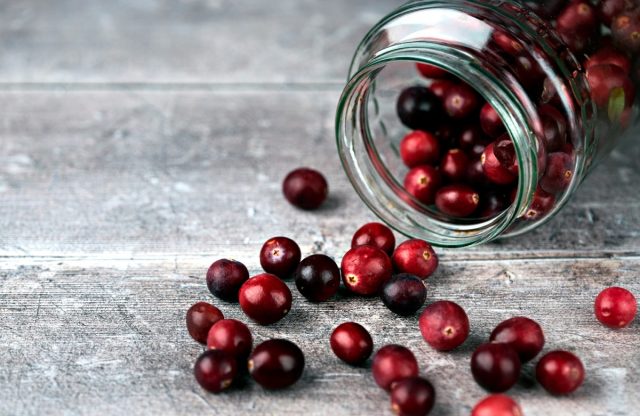
A touch of lemon adds a nice flavor to water, but coffee is another story. While some Europeans savor coffee with lemon, or citrus, it's not a good idea says, Laila Ghambari, Coffee Business Owner & Consultant, 2014 US Barista Champ . "High acidity items such as cranberry, rose hip, etc. Some citrus such as oranges are fine but it seems like high acid red fruits seem to be the toughest."
Why? It can curdle milk.
"I've tried all sorts of syrups for specialty drinks for my cafe and found that these items taste great but curdle the milk when you add them to lattes, specify when they are hot, seems like iced drinks do fine," Ghambari explains. "When the coffee and milk are hot it immediately separates the curd from the whey."
Artificial Creamers
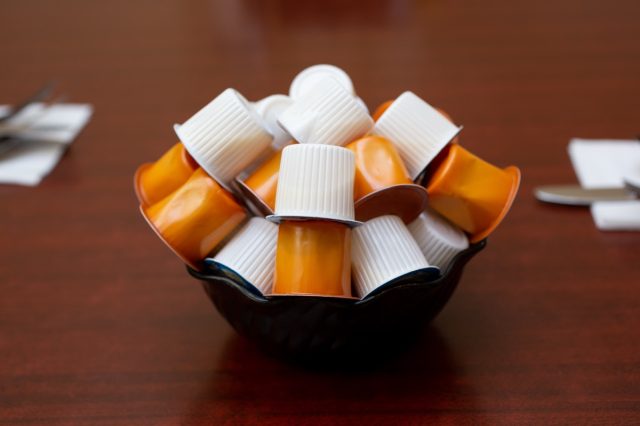
Artificial creamers are a common thing people pour into their coffee, but Pond advises against it. "They are the worst offenders," he says. "They're full of hydrogenated oils, sketchy thickeners like carrageenan, and even diacetyl — the chemical linked to popcorn lung in factory settings. You'll find it in flavors like butter toffee or vanilla caramel from brands like Coffee Mate and International Delight. If the ingredient list reads like a science project, skip it."
Protein Powder
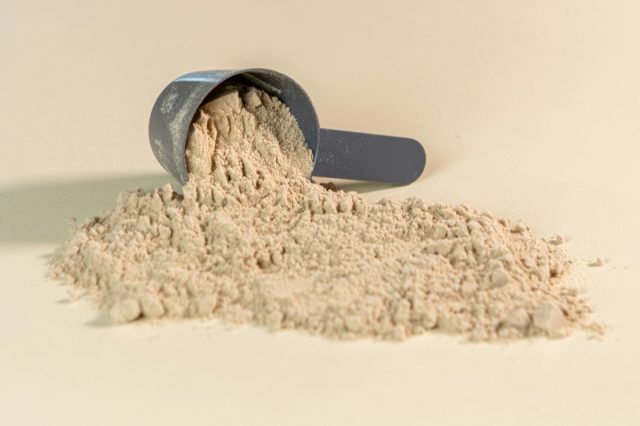
It's important to get your daily protein intake, but turning your coffee into a weird gritty mess isn't the solution. Have a protein shake instead.
"Adding the mixture transforms well-balanced coffee into an unpleasantly thick and unpalatable clumpy mass," Riley Westbrook, former barista and co-owner of Valor Coffee says. "The result is an unwilling drinking experience because the cup becomes difficult to drink."
He explains, Coffee is all about balance. The addition of protein powder disrupts all elements of proper coffee consistency.'
Artificial Sweeteners
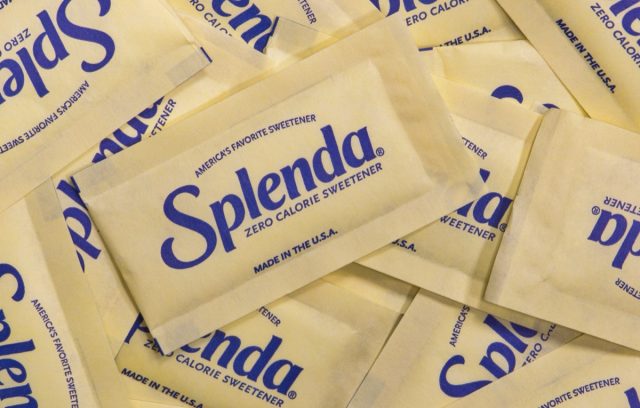
Artificial sweeteners can make a bad cup of coffee bearable, but you're wrecking havoc on your health. "The synthetic taste overwhelms the rich, complex flavors of your favorite coffee beans," says Lindsey Sozio, Founder at Lavender Coffee Boutique. "Your coffee ritual should support your overall well being with clean, healthy ingredients that energize and nourish, not chemicals that may be harmful to your health."
Rice Milk
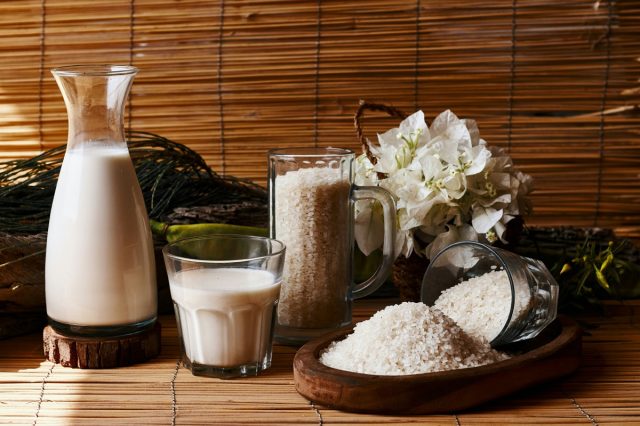
These days there's plenty of nondairy options people use in their coffee like oat or almond milk, but one to steer clear of is rice milk, according to Leo Yuffa, owner of Dazbog Coffee. "Since it's low in protein, it doesn't whip well, so it's not suitable for lattes and cappuccinos."
Sugar-Free Syrups
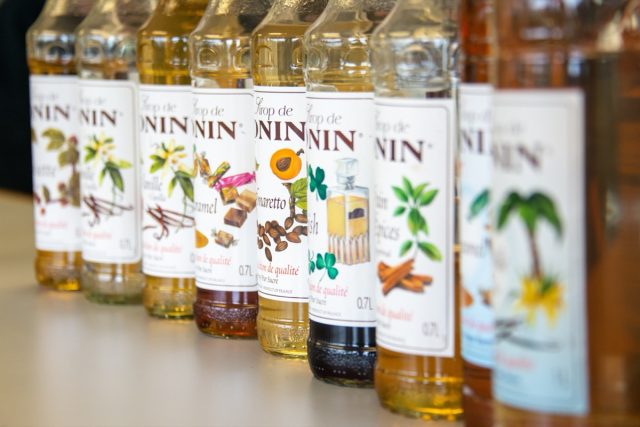
By now you should know that just because something is sugar free doesn't make it healthy and that includes syrups for coffee. According to Pond, "Anything raspberry or peach-flavored was probably made in a lab and brings along its friends: high-fructose corn syrup, propylene glycol, and more diacetyl. If you want fruit notes in your cup, buy a natural Ethiopian process — not a bottle of pink goo."









